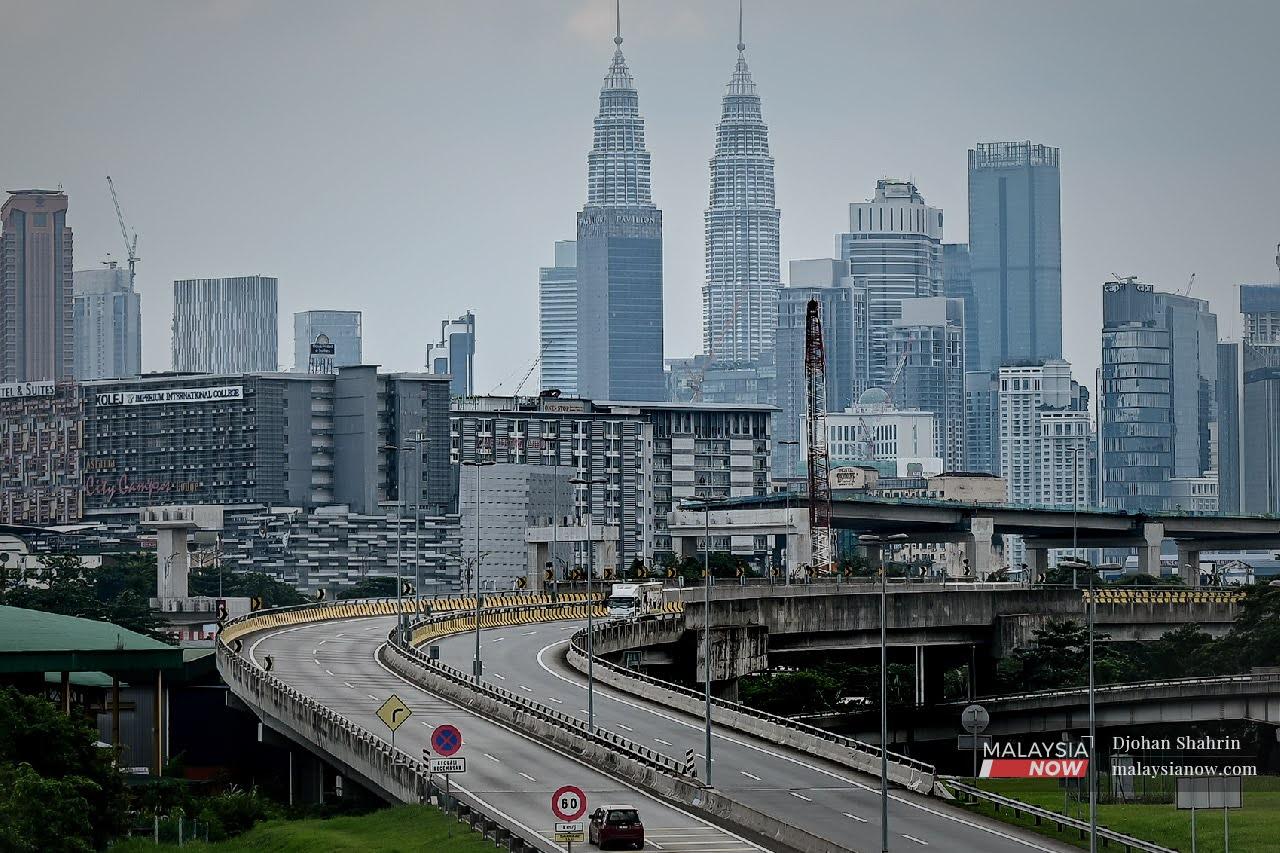Post-pandemic world will send carbon emissions through the roof, say experts
Only adopting a greener lifestyle during lockdown will reduce emissions and prevent old environmental problems returning.
Just In
Environmental experts are saying that global carbon emissions will rise significantly in the post-pandemic world so they are encouraging people to adopt a more eco-friendly lifestyle during the lockdown period.
Renard Siew is a climate change adviser at the Centre for Governance and Political Studies, a political science and social behavioural research firm in Kuala Lumpur.
He says the air quality index improved during the lockdown as transportation activities were drastically reduced, but he adds that improvement in air quality may have looked and felt good at a local level but did not amount to massive change globally, as only a 6% drop in carbon emissions was achieved.
“This is testimony to the scale of the climate challenge and how economies must now embark on a ‘great reset’ rather than a mere recovery,” he tells MalaysiaNow.
He expects that post-pandemic carbon emissions may deteriorate further than before Covid-19 struck, because industrial and economic activities will start picking up and people will be eager to start travelling again.
“We expect carbon emissions to double or triple our previous rates as people start working overtime to make up for productivity lost during lockdown,” he says.
Andrew Sebastian, who heads the Ecotourism and Conservation Society Malaysia, an NGO focusing on sustainable ecotourism, agrees there needs to be a lifestyle change among the public to reduce carbon emissions in the post-pandemic world.
“Economies must now embark on a ‘great reset’ rather than a mere recovery.”
Speaking to MalaysiaNow, Sebastian says that the post-pandemic world will witness a dramatic increase in carbon emissions.
He says that while people are confined to their homes during the lockdown period, they are living a carbon-intensive lifestyle as they opt to shop online more than before.
He encourages people to adopt eco-friendly habits such as reducing online shopping as the delivery process increases carbon emissions.
However, he said online shopping can be more eco-friendly if e-commerce companies opt for electric or carbon friendly vehicles for delivery.
“If it’s done properly by using carbon friendly vehicles, it won’t be as carbon intensive. I think using electric vehicles would be good enough,” he adds.
“We need to change our lifestyle, aiming for a more minimalistic style.”
Going vegetarian a few days a week will also help as growing meat requires extensive land clearing to raise livestock and feed and water the animals.
“There is a lot of usage of natural resources needed to produce beef cattle and livestock in terms of the food chain. So, yes, going vegetarian a few days a week will help.
“We need to change our lifestyle, aiming for a more minimalistic style,” he says. “In that sense, it will really reduce emissions.”
He also says that the developed world contributed more to increasing global carbon emissions than developing countries because a stronger economy leads to a faster track to tackle industries that do not practice sustainability.
“There must be a shift back towards investing in industries, long-term and sustainable industries that are continuously trying to improve greenhouse gas emissions.
“The richer you are, the more you will purchase luxury items. And unfortunately, this luxury lifestyle comes with a lot of carbon footprints.”
Siew says carbon footprints produced by wealthy countries will leave long-term impacts on marginalised, lower-income communities.
As the global temperature is expected to increase by 1.5 degrees Celsius, catastrophic events such as floods and droughts will continue to intensify.
This is when lower-income communities will be the most impacted group by climate change.
“Sure, there is the ‘common but differentiated principle’ where you contribute to the best of your abilities,” he says. “But the harsh reality is that we simply don’t have time and unfortunately it is often the most marginalised communities that suffer the most from the impacts of climate change.
“All stakeholders regardless of which income groups you are from should and must be involved in the green agenda,” he adds.
Subscribe to our newsletter
To be updated with all the latest news and analyses daily.
